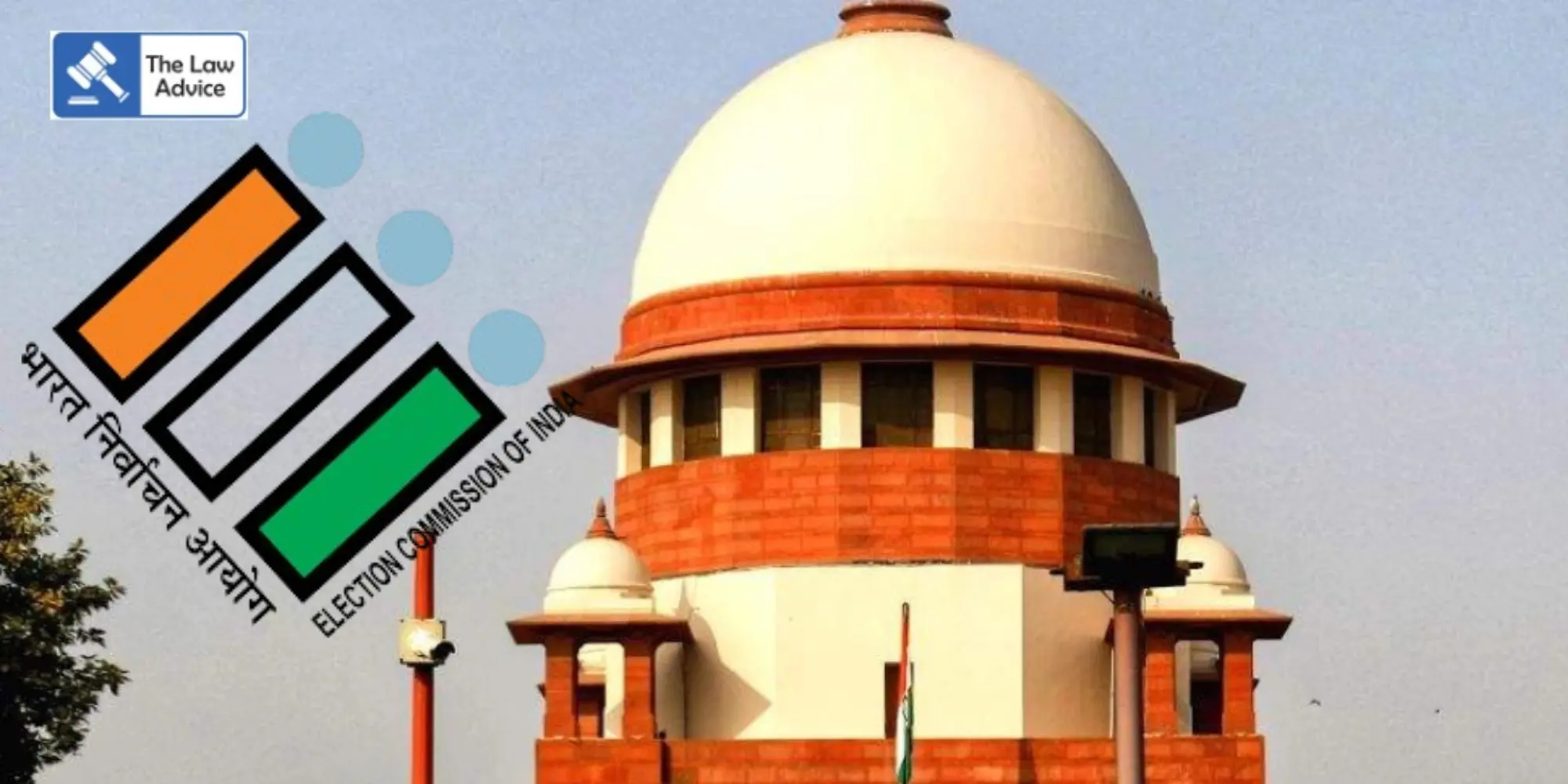
The Election Commission of India (ECI) has once again informed the Supreme Court that Aadhaar is used strictly for identity verification of applicants seeking inclusion in the electoral rolls, and not as evidence of citizenship.
This clarification was filed in reply to an interlocutory application by advocate Ashwini Kumar Upadhyay, who has sought a direction prohibiting Aadhaar from being used as proof of date of birth in Form 6, which is required for new voter registration. The ECI maintained that Aadhaar functions only as an identity document under Section 23(4) of the Representation of the People Act, 1950.
In its affidavit, sworn by ECI Secretary Santosh Kumar Dubey, the Commission explained that the Election Laws (Amendment) Act, 2021 introduced changes to Section 23 of the RP Act allowing electoral roll data to be linked with the Aadhaar database for the purpose of preventing duplicate voter registrations across constituencies. Following this amendment, Form 6 was updated from June 17, 2022.
The Commission cited a UIDAI Office Memorandum dated 22 August 2023, which clearly states that Aadhaar is not proof of citizenship, residence, or date of birth. Reference was also made to Section 9 of the Aadhaar Act, 2016, which expressly provides that an Aadhaar number does not establish citizenship or residential status.
The affidavit also relied on judicial precedents, including the Bombay High Court’s decision in State of Maharashtra v. UIDAI (Criminal Writ Petition No. 3002 of 2022), which held that Aadhaar cannot be considered proof of date of birth. Additionally, the Supreme Court in Saroj v. IFFCO Tokio (2024) preferred a School Leaving Certificate over Aadhaar for determining age. The ECI pointed out that the Supreme Court’s own order dated 8 September 2025 in the Bihar SIR case permitted use of Aadhaar only as an identity document when deciding inclusion or exclusion from voter rolls.
Acting on these directions, the ECI issued instructions on 9 September 2025 to all Chief Electoral Officers reiterating that Aadhaar must be used solely as identity proof and not as proof of citizenship, in accordance with Section 9 of the Aadhaar Act and Section 23(4) of the RP Act.
In response to the petitioner’s demand to restrict Aadhaar strictly to identity verification and bar its use for establishing date of birth in Form 6, the ECI stated that the statutory scheme already confines Aadhaar to identity-related purposes and that its instructions are fully aligned with the RP Act and Aadhaar Act.
During last week’s hearing, the Supreme Court also informed Upadhyay that as long as Section 23(4) permits Aadhaar to be used as identity proof, it cannot be disallowed in Form 6 applications, and a UIDAI memorandum cannot override a provision enacted by Parliament.
Case Title: Ashwini Kumar Upadhyay v. Union of India & Ors., W.P.(C) No. 634/2025
Website designed, developed and maintained by webexy